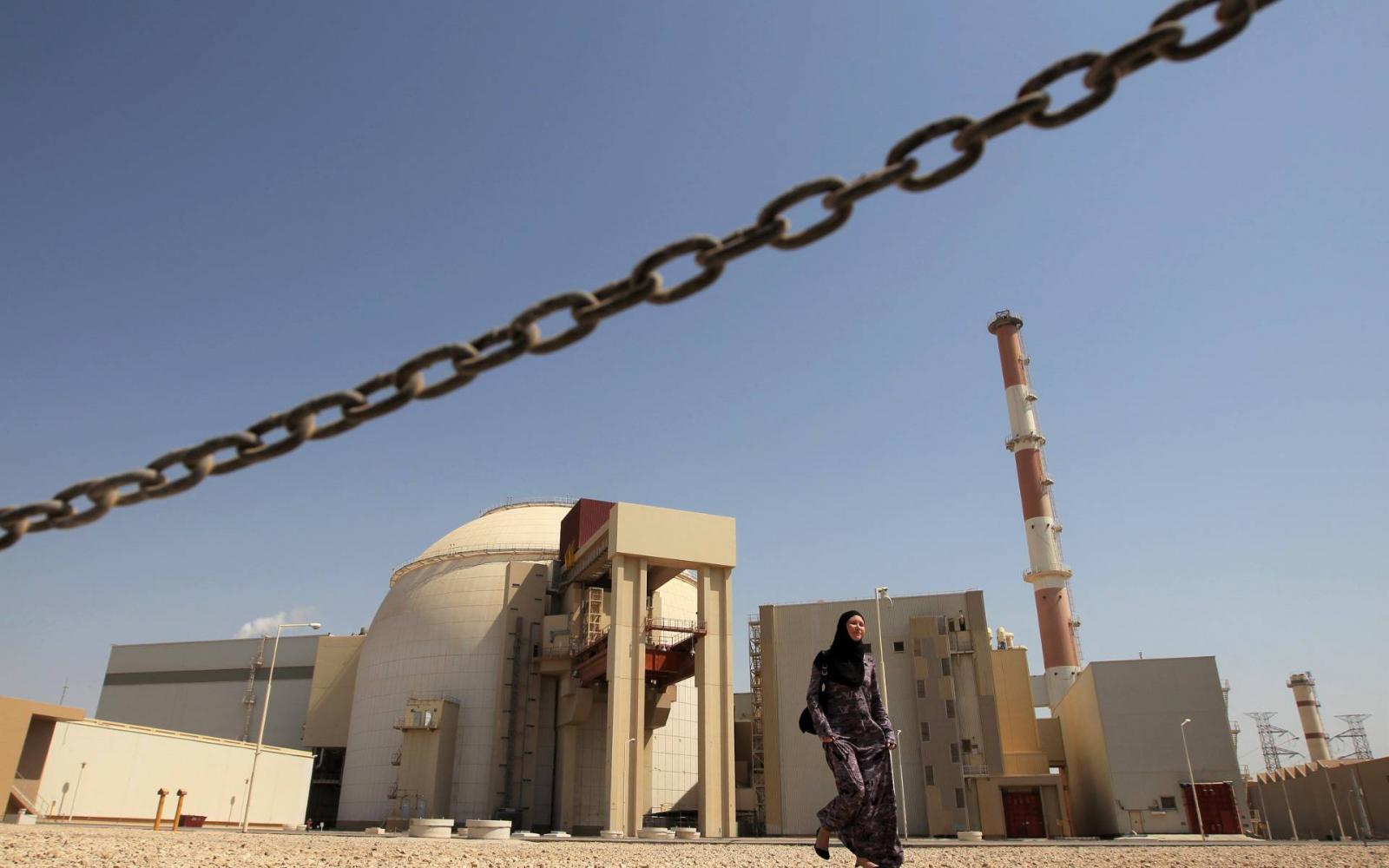
The United States and Iran would both like to revive the nuclear deal, but right now there is no coordination between the two nations. Delaying the talks could have devastating consequences.
The new Washington administration and the regime in Tehran have declared their intention to bring the 2015 multinational nuclear deal back from the dead. No progress has been made since President Joe Biden’s inauguration 2 1/2 weeks ago. Instead of meeting behind closed doors, the two sides are communicating through the world press. They are arguing about which side should concede first. According to the U.S., Iran has a responsibility to uphold the commitments it previously abandoned. The Persian nation, on the other hand, is awaiting the termination of sanctions. The apparent stalemate shows how hard it is to rebuild the limited trust that President Donald Trump destroyed when he dismantled the deal in 2018. Although it is clear that it is in Washington’s and Tehran’s interest to reinstate the previous deal, it will not happen with the wave of a wand; the issue at hand is too politically sensitive.
All things considered, there is hope the process will soon begin. Iran Minister of Foreign Affairs Mohammad Javad Zarif spoke to CNN on Monday and proposed having the European Union as mediator, specifically with EU Foreign Affairs Minister Josep Borrell as coordinator. Brussels’ intervention would break the deadlock over efforts to revive the nuclear deal, but greater effort will be needed to bring Washington and Tehran into agreement.
Currently, the Biden administration is following Trump’s example of killing two birds with one stone: reaching a new deal that halts both Iran’s nuclear and regional ambitions. From this perspective, it is logical that U.S. Secretary of State Antony Blinken is not rushing to end the previous administration’s “maximum pressure” strategy because the sanctions which are currently in place improve this administration’s bargaining power. The question remains whether Washington truly wants a more comprehensive agreement, or whether it is just saying so as part of its negotiation strategy.
The politically moderate government in Tehran would make the job easier if its demands for the new nuclear deal were a bluff. President Hasan Rouhani is in a difficult position. He cannot appear weak, as that would give ammunition to the hard-liners before Iran’s presidential election in June. More radical politicians have recently argued that Iran should receive compensation for American sanctions and should ease certain provisions of the nuclear deal. Returning to the original agreement using this approach would not be successful, but Rouhani could potentially declare a victory if it seems he blocked America’s demands.
We cannot rule out the idea that the United States is committed to reaching a deal by restoring the 2015 agreement and linking it to a limit on Iran’s foreign influence at the same time. By supporting a number of militias, the Persian nation has become a necessary player in the Syrian and Yemeni conflicts, as well as in Iraq, Lebanon and Palestine. This sends even more gunpowder into the Middle Eastern air. If Washington simultaneously tries to tame Tehran and revive the nuclear deal, it will slow down the entire process while time is running out.

Leave a Reply
You must be logged in to post a comment.